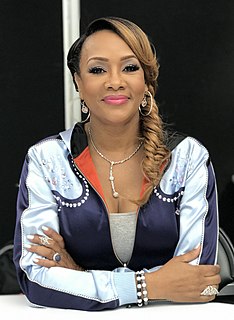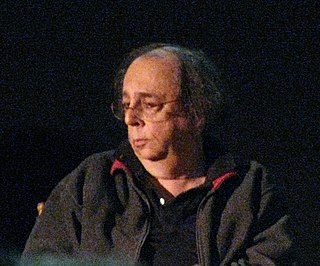A Quote by Andy Biersack
I'm not against making new fans, but I'm not going to go out of my way to pander to someone and try to make them like me; that's not who we are. It's not as if we're fighting to find an audience - we have our audience, and anybody else is definitely welcome.
Related Quotes
Christian audience, I think, have grown very tired of movies that try to pander to them. For instance if someone goes, "Ok, we're designing what we're going to do with this movie. It's a Christian movie and they'll eat it up." And you know what? Consumers are smarter than that. They go, "The movie isn't that great and he thought that I would just be a sucker and plop my $10 down for it?" Because you're looking down at the audience. You can't pander to an audience.
For me, every time I step on the stage it feels like a battle is about to start. It's not like we're going on stage to fight against our audience obviously, because for me, when I go on stage, I'm always trying to reach a new level of how am I going to make today a great night for everyone that's present.
They're very sociable occasions and there's no barriers between us and the audience. It's customary that after our performances, we go out into the foyer and spend an hour or so signing autographs for the fans and having our pictures taken with them.We strongly believe that going out front to meet the fans is just as important as playing the gigs - and we all love a good natter!
Unlike someone like Tom Hanks, or U2, the comics industry is not a thriving industry and we all need to keep and expand our audience. The best way to do that is to keep the fans we have happy and to keep them excited about our next projects so they'll keep following our work. The best way to do that is to continually engage them in conversation. I don't mean to sound flippant by any means. We're not being nice to our fans because we have to.
I never look at twists as a way to trick the audience. Obviously, I think a good story has surprises and unexpected turns, and you always want to do that with an audience. But it has nothing to do with conning them or making them believe so strongly in one thing and then kind of going the other way.
Acting is bad acting if the actor himself gets emotional in the act of making the audience cry. The object is to make the audience cry, but not cry yourself. The emotion has to be inside the actor, not outside. If you stand there weeping and wailing, all your emotions will go down your shirt and nothing will go out to your audience. Audience control is really about the actor




































